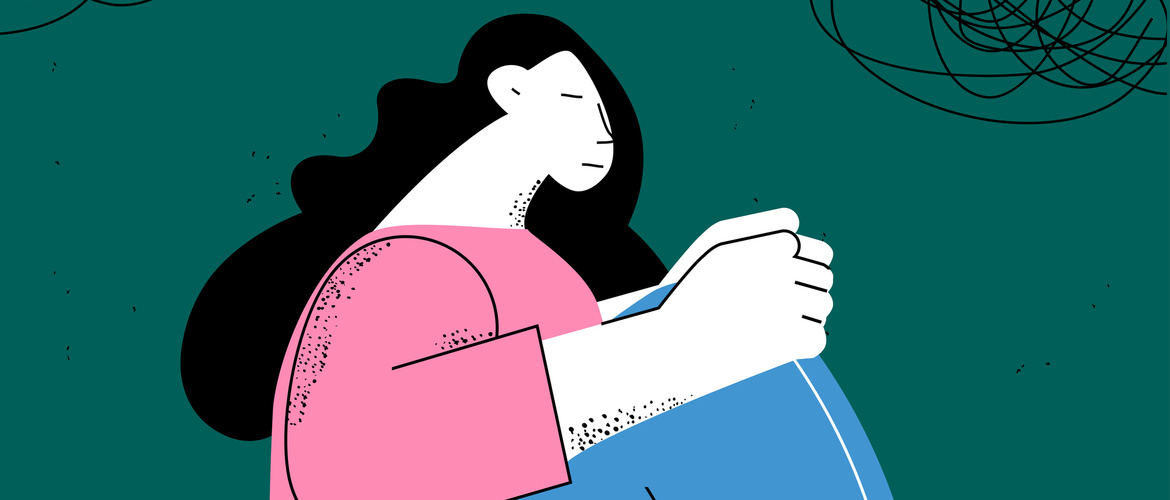
Strategies aiming for recovery for patients with primary psychosis were presented by experts at WCP 2022. They include personalizing treatment, use of long-acting antipsychotics for first-episode psychosis, and use of a mobile app to provide support after discharge from an early psychosis service.
Personalizing treatment
"Remission and recovery are the goals of treatment for patients with primary psychosis", said Professor Silvana Galderisi, Naples, Italy. However, although personalizing management is key to achieving recovery, it is not common in clinical practice.1
"Two simple steps towards personalizing treatment are to consider the patient’s sex and pharmacogenetics when prescribing antipsychotics", added Professor Galderisi:
Although personalizing management is key to achieving recovery, it is not common in clinical practice
- Women require lower doses of antipsychotic medication than men2
- Cytochrome P450 2D6 (CYP2D6)/CYP2C19 genotype can provide guidance on the appropriate dose of antipsychotic for poor, intermediate, and normal metabolizers3
"Furthermore, some factors associated with functional outcome are not routinely assessed in community mental health services", said Professor Galderisi, "but personalizing interventions to target them can promote independent living." These factors include neurocognition, social cognition, and everyday life skills, all of which predict functional recovery 4 years later.4
Neurocognition, social cognition and everyday life skills predict functional recovery, but are not routinely assessed and targeted by intervention programs
Professor Galderisi also highlighted the importance of listening to patients to address their personal treatment priorities, because when treatment outcomes are prioritized, patients give higher priority to functioning and living a normal life than psychiatrists.5
Use of long-acting antipsychotics for first-episode psychosis
Professor Robin Emsley, Cape Town, South Africa, presented the results of a patient-centered treatment program that included psychoeducation for caregivers and long-acting antipsychotics for first-episode psychosis.6
Compared with psychiatrists, patients give higher priority to functioning and living a normal life
"Among 98 patients in the study, there were high rates of symptom remission (70%), functional remission (56%), and good quality of life (61%); and 29% achieved recovery by meeting all three of these outcome criteria",6 said Professor Emsley.
In the absence of symptom remission, only 9% of patients achieved both functional remission and good quality of life.6
Functional remission with good quality of life was rarely achieved without symptom remission
Use of a mobile app to provide support after discharge from an early psychosis service
Professor Mario Alvarez Jimenez, Melbourne, Australia, presented the results of a randomized controlled trial of an online social therapy to maintain treatment effects from specialist first-episode psychosis (FEP) services following discharge.7
It is a digital platform merging:
- Peer-to-peer social networking
- Theory-driven and evidence-informed therapeutic interventions targeting social functioning, vocational recovery and relapse prevention
- Expert clinician and vocational support
- Peer support and moderation7
Social therapy was associated with better vocational and educational attainment and fewer visits to emergency services and hospital admissions due to psychosis
Over 18 months, compared with treatment as usual alone, the additional use of social therapy was associated with:
- Better vocational and educational attainment
- Fewer visits to emergency services
- Fewer rates of hospital admissions due to psychosis7
WCP : World Congress of Psychiatry
FEP : first-episode psychosis
BE-NOTPR-0262, approval date : 02.2023
